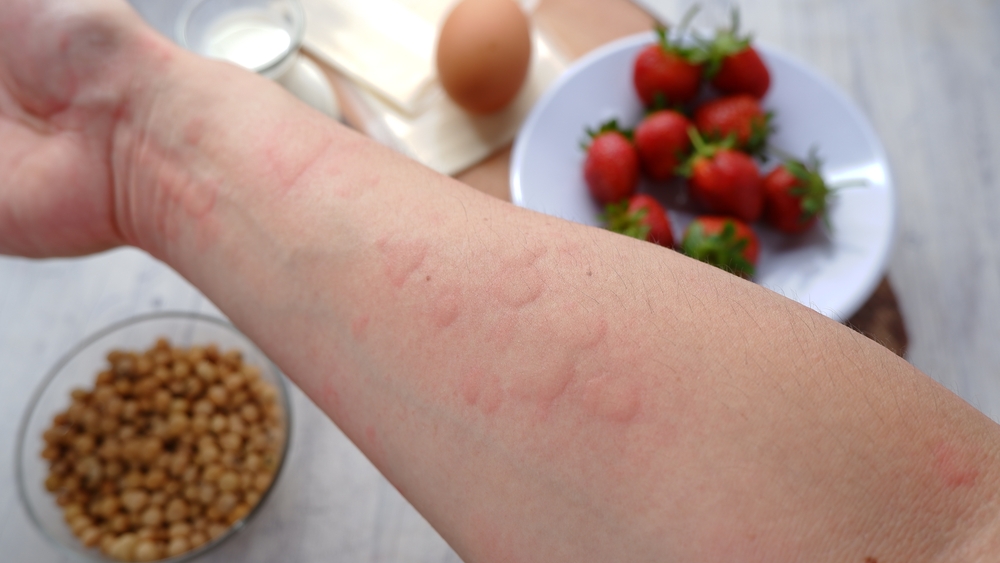Celldex’s barzolvolimab demonstrated profound, sustained complete response and improved quality of life at 76 weeks in patients with chronic spontaneous urticaria (CSU), seven months after the completion of dosing, according to Phase 2 data presented at the European Academy of Allergy and Clinical Immunology (EAACI) Congress 2025 in Glasgow, Scotland.
Barzolvolimab specifically targets mast cells by binding the receptor tyrosine kinase KIT with high specificity and potently inhibiting its activity, which is required for mast cell function and survival.
Met Primary Endpoint
Celldex previously announced that this Phase 2 study of barzolvolimab in patients with moderate-to-severe CSU refractory to antihistamines, including patients with biologic-refractory disease, met its primary endpoint—a significant improvement in the Urticaria Activity Score over 7 Days (UAS7) compared to placebo at 12 weeks—across all dose groups tested.
Barzolvolimab also demonstrated rapid, profound complete response rates (UAS7=0; no itch/no hives) in up to 51% of patients at 12 weeks, which continued to deepen over 52 weeks of active therapy to up to 71% of patients.
Now, seven months after completion of dosing, patients continue to experience profound clinical benefit, with up to 41% of patients reporting a complete response at 76 weeks and 48% of patients reporting that their disease no longer impacts their quality of life.
Barzolvolimab demonstrated a well-tolerated safety profile throughout the study.
“In this large Phase 2 study, patients on barzolvolimab experienced rapid, profound, durable complete response which correlated with meaningful improvements in quality of life—the goal of treatment for patients and physicians,” says Martin Metz, MD, Professor, Department of Dermatology and Allergy, Head of Translational Research and Deputy Head of Clinical Trials at Charité – Universitätsmedizin in Berlin and the lead investigator of the study, in a news release.
“By addressing the root driver of chronic spontaneous urticaria, the mast cell, barzolvolimab provided meaningful clinical benefit to more than 90% of the patients on study, including patients with severe disease refractory to omalizumab, and demonstrated a level of sustained complete response after the completion of active therapy that is unprecedented in CSU. Importantly, across this large, 76-week Phase 2 trial, barzolvolimab also presented a favorable safety profile, further supporting barzolvolimab’s significant potential to become a transformative treatment option for patients suffering from this often very severe and debilitating disease.”
Next Steps
Celldex is currently conducting a global Phase 3 Program for barzolvolimab in CSU, consisting of two Phase 3 trials designed to establish the efficacy and safety of barzolvolimab in adult patients with CSU who remain symptomatic despite H1 antihistamine treatment. The studies also include patients who remain symptomatic after treatment with biologics. Enrollment is underway.


